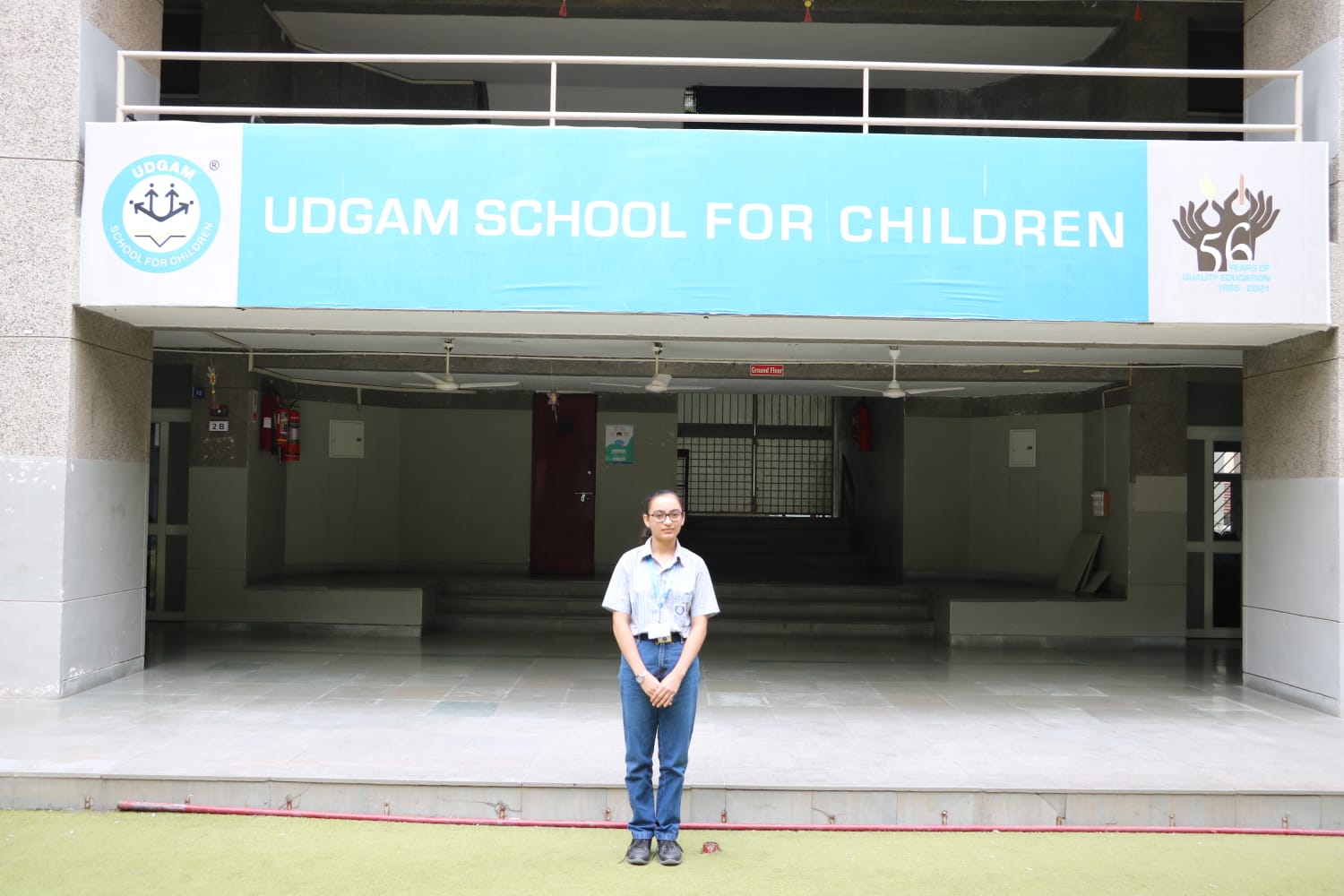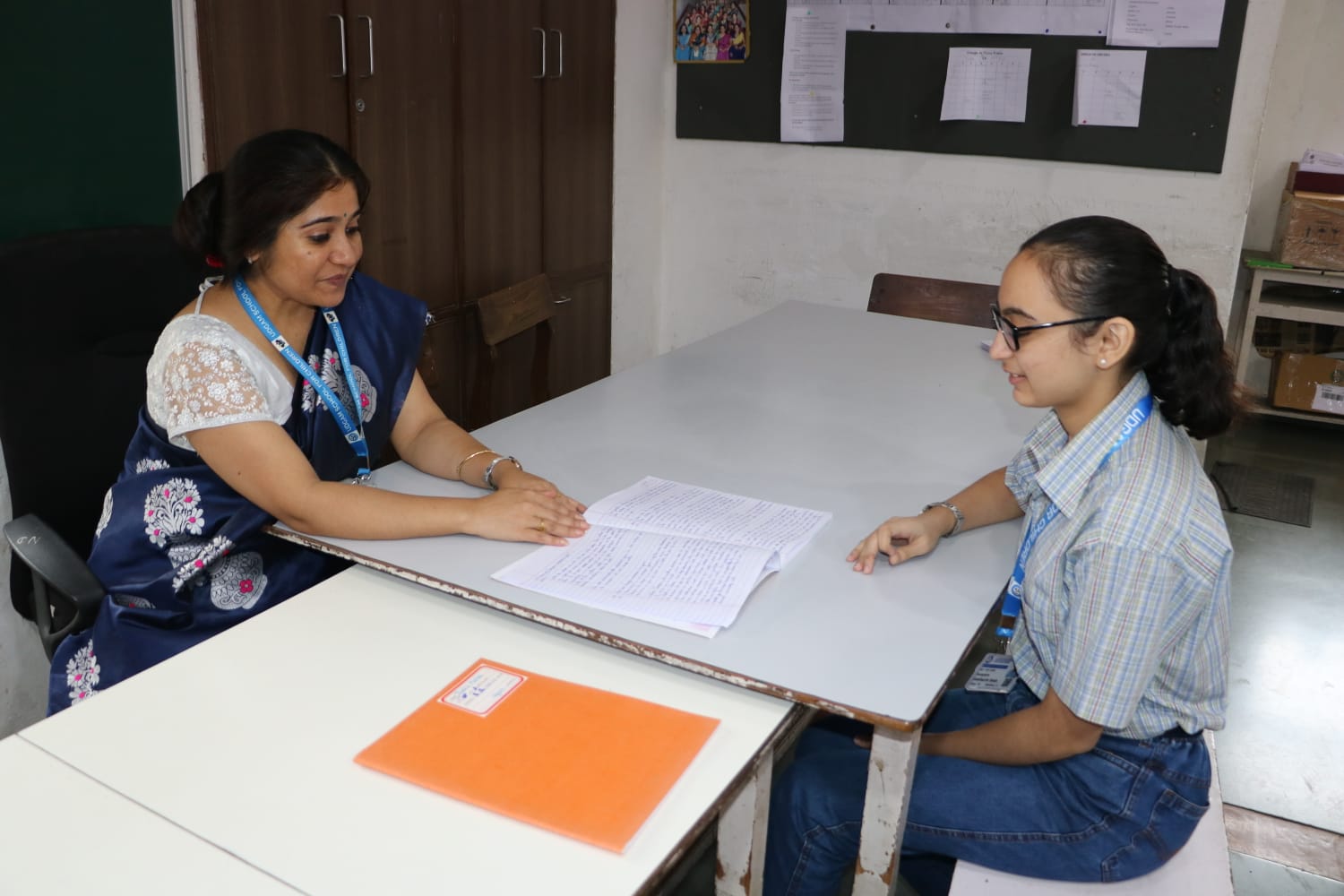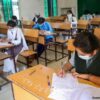Students Corner: Goral Mashru, Udgam School for Children
In continuation with the ongoing series ‘Students Corner’ interviewing students across the country’s education institutions, EducationWorld interviewed Goral Mashru, a class 12 student at the Udgam School for Children.

This student has chosen the science stream and aspires to pursue chemical engineering. He takes interest in subjects such as chemistry, maths, writing, reading and sports. He enjoys reading, cycling, listening to music and Karate.
Is your school conducting offline classes at present?
There are a limited number of covid cases here. Offline classes began in April. All covid protocols are being adhered to.
What is the general preference amongst students? (Regarding attending school and re-shutting of schools amidst the new surge of Covid cases)
Most students prefer to attend offline classes since learning is much better. Ever since the pandemic began, gadgets have become an important part of our lives. Although this has some advantages, most students do not enjoy learning in online mode and have a short attention span. Offline education provides an environment to study in and a peer group to interact with. Getting doubts resolved is also simpler.
The Students council representative is one of the most coveted positions in schools. How did you carry out your responsibilities online and amidst the virtual classes? How was it different compared to the pre-covid times?
During Covid, our responsibilities as student council members changed drastically. Most meetings took place on Teams and Zoom which made it a cumbersome task to coordinate and discuss. Shift to offline classes has facilitated easy coordinating.
How do you think the learning gap can be bridged?
I think the learning gap can be bridged by interactive study sessions in the offline mode. A lot of students lost their focus in studies due to online classes and to bring it back it is important to conduct learning in a fun way. Discussion of topics, performing experiments, or real-life examples can be used to do this. Also, regular revision is necessary to improve retention of topics.

How has the journey been from March 2020? What changes did you/your friends had to incorporate to continue the pandemic?
The journey from March 2020 has been full of new experiences and challenges. When we suddenly switched to online mode during lockdown, many of us found it difficult to adjust. From not being able to sit in a proper study environment to being unable to convey ourselves clearly in the online mode, we faced all kinds of challenges. Quite often, we would be sitting in one chair, staring at the screen for hours at a time. It took a toll on our physical and mental health. To cope up with this, we started exercising regularly, some of us meditated or did other activities to improve our mental wellbeing. We would have regular group calls which really helped us keep in touch and lightened the mood. Technology has been a boon in this case.
How were your practical classes (lab sessions) managed during the pandemic?
It was difficult to conduct practical classes during the pandemic as the teachers were also teaching from their homes and it wasn’t possible to demonstrate. So usually, our teachers would show us videos of the practicals being conducted and then discuss the applications in class. Some virtual platforms were also created where we could perform experiments using simulations.
What does the government need to do to support children during the pandemic as classes have gone online?
I think the government should focus on bridging learning gaps that have developed due to online classes. There are many under-privileged children who are not able to access online classes due to unavailability of devices, electricity, stationary etc. The government should support them by providing necessary requirements for studying and introducing schemes to bridge the learning gap. The government can also introduce awareness programmes and workshops to help children cope with the mental stress.
In the absence of in-person interaction with teachers, how do you keep abreast with the latest career options or higher education prospects available to you currently?
We haven’t been able to interact with the teachers regarding career options and educational prospects available to us. Since this is the crucial time for taking such decisions, many students have started attending online career workshops and counselling. A lot of institutions also offer free courses that allow students to explore various options. This has helped many of us get an idea of what working in different fields would actually be like.
How are you preparing for competitive exams? Are you attending post-school tutorials online?
I am currently preparing for JEE as I want to pursue higher education in the IIT. Preparations for such competitions usually involve a lot of practice and regular revision. I am attending post school tutorials for the same and it is also being conducted in offline mode.
Have you understood the National Education Policy 2020’s takeaways? What is your take on it?
National Education Policy 2020 is one of the most important and interesting changes in the Indian Education system. There are many features which I liked. Inclusive education and liberal education as a part of NEP interested me a lot as it doesn’t restrict a student to limited choices offered by a particular stream. Moreover, vocational education and career counselling would help youngsters find their career options easily and reduce unemployment.
Also Read: Students Corner: Mugdha Thanawala, Symbiosis Institute of Technology

















Add comment